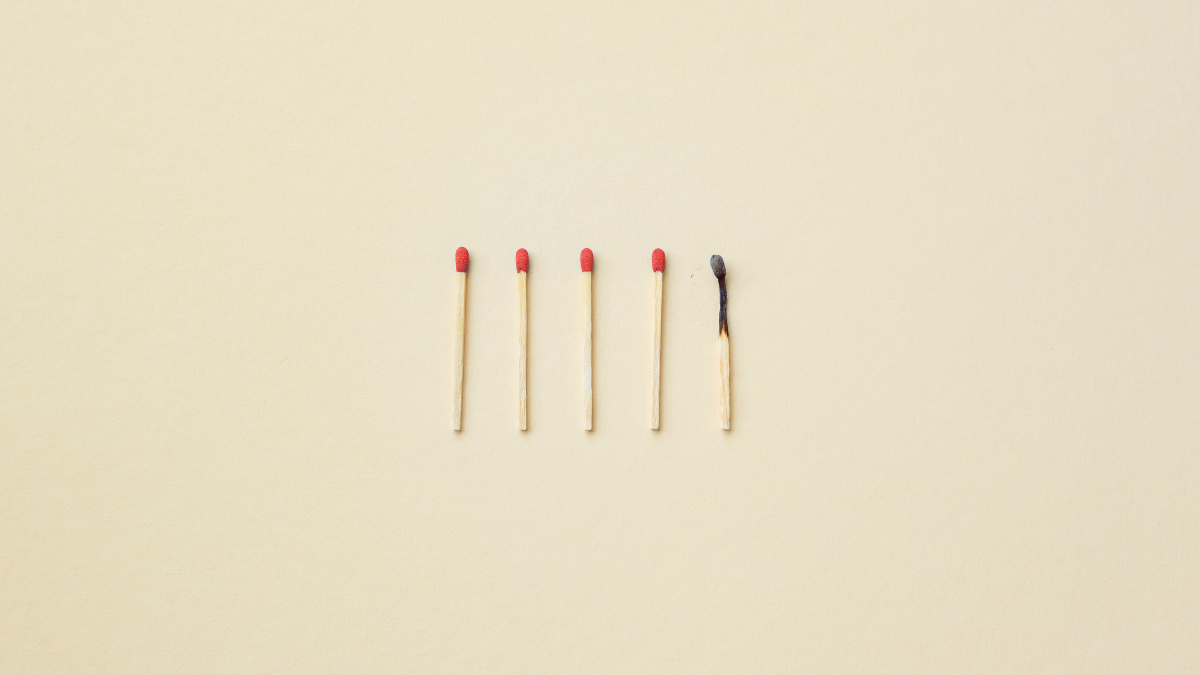The Psychology of Clutter (and Why It’s Stressing You Out)

You meant to sit down and relax. Maybe even read a book or cook a proper meal. But instead, your eyes dart from the dishes to the desk pile, the clothes on the chair, the mystery drawer you keep meaning to sort.
You feel irritated. Foggy. Even anxious.
Sound familiar?
You’re not just reacting to the mess. You’re reacting to what it represents — decisions you haven’t made, tasks you haven’t finished, and expectations you haven’t met. That clutter isn’t just physical. It’s psychological. And it’s quietly draining your mental bandwidth.
Why clutter stresses your brain
Our brains are designed to process information efficiently. But when your environment is filled with visual noise — stacks of paper, scattered items, disorganised shelves — your brain has to work harder to filter what matters.
Clutter competes for your attention. Even if you think you're ignoring it, your brain is still processing it in the background. This increases cognitive load and makes it harder to focus, think clearly, or even relax.
Psychologically, clutter also creates a sense of unfinished business. Every item out of place sends a subconscious signal: you haven’t handled this yet. Multiply that by every pile or task in view, and your nervous system remains on high alert.
Clutter and emotional baggage
Clutter isn’t just a stack of stuff. It’s often a reflection of our inner world.
Maybe that overflowing wardrobe is filled with clothes from a past version of yourself you’re not quite ready to let go of.
Maybe your kitchen gadgets represent an aspirational future you never quite made time for.
Maybe that random drawer is a graveyard of decisions you’ve been avoiding.
We don’t just keep things for practical reasons. We keep them for emotional ones.
Because letting go can feel like giving up on something — a dream, a relationship, a version of who we hoped to be.
This emotional attachment is one reason decluttering can be so hard, even when we know it would make us feel better.
The clutter-stress loop
Clutter leads to stress, but stress also makes clutter harder to deal with.
When you're overwhelmed, you’re less likely to clean up. But the more mess builds, the more overwhelmed you feel. It’s a loop — and it reinforces a sense of helplessness.
This is why cleaning your space often feels so good. It's not just about aesthetics. It's a way to regain a sense of agency, clarity, and control.

Decluttering as mental self-care
Contrary to social media’s obsession with minimalist perfection, decluttering doesn’t have to be a full-day affair or a lifestyle transformation.
It can be a small, mindful act. Choosing to clear a single surface. Deciding to release one item that no longer serves you. Creating a home for something that’s been floating around.
Each decision reduces visual noise. Each moment of order creates a tiny pocket of calm. And these small actions add up.
Final thought: Your space should help you breathe
Clutter doesn’t just fill a room. It fills your head. And when your environment feels chaotic, your mind often follows.
You don’t need a perfect home. You don’t need to throw everything out. You just need a space that feels like it’s working with you, not against you.
One drawer. One shelf. One clear surface. That’s all it takes to start shifting the mental weight.
A calmer space supports a calmer mind — and you deserve both.
—MRB
My goal is to help people thrive in a complex world. While I write as a psychologist, this content is general in nature, does not constitute a therapeutic relationship, and is not a substitute for personalised mental healthcare advice. Further, some posts may include affiliate links to resources I recommend. Read my full site policy here.






Member discussion